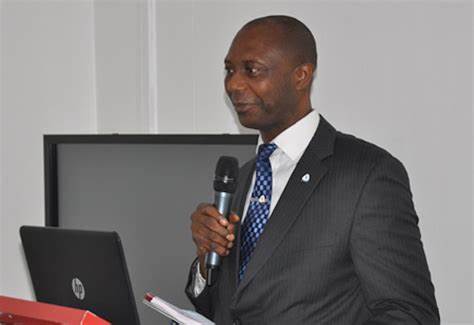The founder and Chief Consultant at B. Adedipe Associates Ltd. Dr. Abiodun Adedipe has said that 80 to 85% of transactions in the informal sector of the Nigerian economy are still in cash.
Speaking against the backdrop of the rising money supply in the country, Adedipe added that in the formal sector, 40 to 45% of transactions are in cash.
Adedipe stated this on Saturday during the Nairametrics Economic Outlook webinar, which focused on the policies of the Central Bank of Nigeria (CBN) and its impacts on the economy.
- “Oftentimes, when we talk about money supply, we refer to it being N63 trillion about June 2023. Now we’re looking at about N94.7 trillion based on the latest data available.
- “We forget something and that is the fact that this economy is still cash-driven. About 80 to 85% of transactions in the informal sector are cash-driven.
- “Even in the formal sector, as we have it, about 40 to 45% of transactions are also in cash.”
In addition, he said the increase in monthly allocation to the federal and state governments is also driving the increase in money supply. He, however, noted that the question to be raised is what the money is being spent on by the respective governments.
Cash required to drive economic growth
While noting that the Nigerian economy is growing despite the contraction in GDP caused by the declining value of the Naira, Adedipe said there is also a threshold of cash required to drive the growth of the economy.
- “The economy is growing nominally and when the economy is growing, there is a certain volume of cash required to fund transactions.
- “Now, bringing that to the fiscal side, there is a connection. The money supply is a reflection of the fiscal operations of the government at the federal and sub-national levels.
- “So, when we are therefore talking about fiscal interventions, it should be about what should governments spend the more money they are getting from the federal allocation account.
- “Should they just spend the money or should they invest in infrastructure? I think that is the real direction we should be pushing the conversation with respect to fiscal operations in supporting the CBN’s activities in checkmating inflation-driving growth,” he said.
Reviewing recent policies of the CBN, Dr. Adedipe said three of the several policies aimed at fighting inflation and stabilizing the Naira, stood out. According to him, the first outstanding policy was the decision of the MPC concerning the MPR and the CRR for deposit money bank, while the second was the revocation of the license of 4,173 bureau de change and efforts to sanitize the system by mandating the collection of forex buyers information.
The third policy, according to him, was CBN’s clearance of the inherited backlog of forex obligations, adding that this sends a very strong signal to foreign investors that the country is ready for business.








